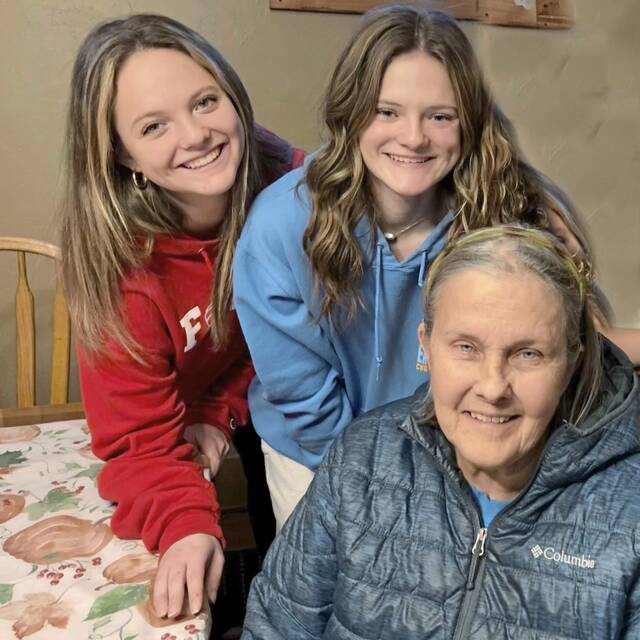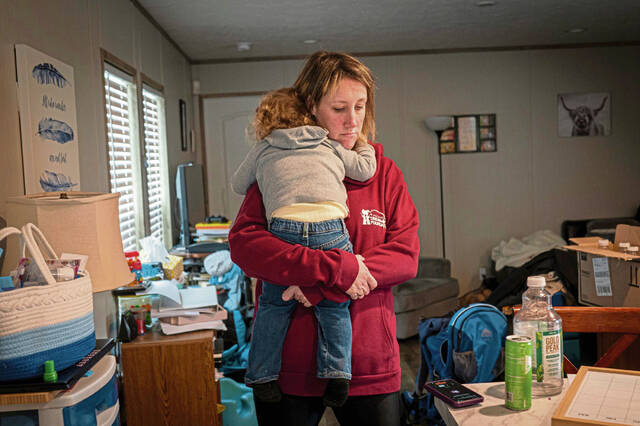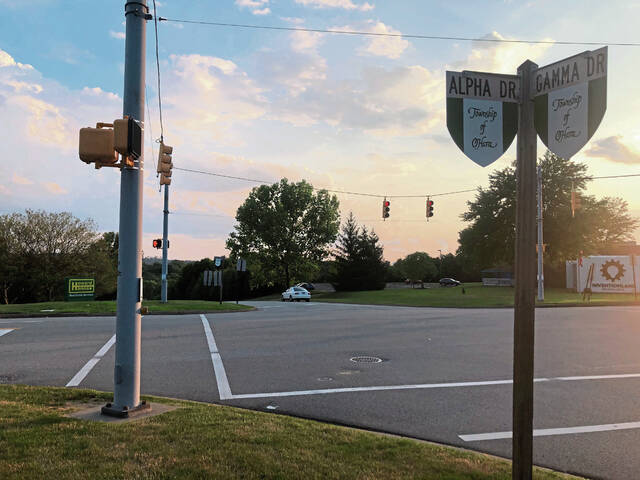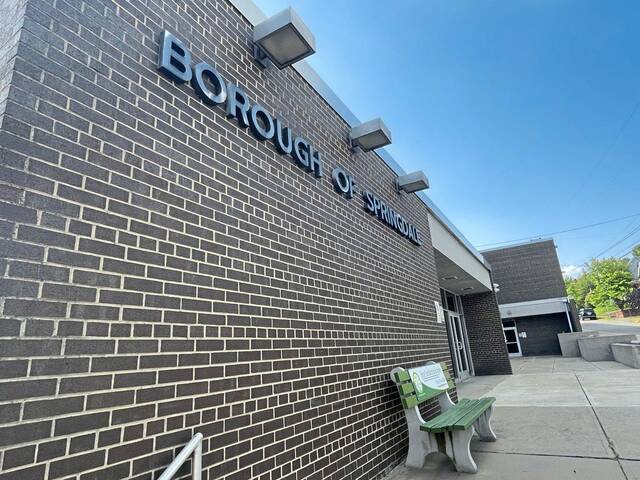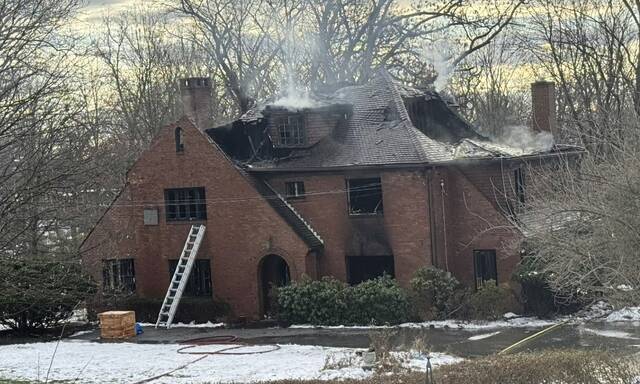When Sophie Gass’ grandmother wandered off from a family outing at O’Hara Community Park, every minute was a nightmare.
The search, conducted by family, friends and multiple police and fire departments, lasted five hours.
When they finally located Alzheimer’s patient Kathy Gass, then 73, she was missing a shoe and had scratches on her arms.
“It was really scary,” said Gass, 18, of Aspinwall. “We think she walked through the woods from O’Hara the whole way to RIDC.
“Thankfully, we found her.”
Gass, a senior at Fox Chapel Area High School, and her sister, Sadie, a sophomore, hope to prevent other families from experiencing similar scares.
The pair will give a presentation Monday, in partnership with Aspinwall police Officer Scott Bailey, on an initiative called Project Lifesaver. The program is offered by emergency responders in 41 states.
They plan to share information about the tracking program that is available for free to Allegheny County residents. It’s sponsored by District Attorney Stephen Zappala.
Caregivers can enroll through Zappala’s office to get a small transmitter — the size of a watch — which is used as a tracking signal. It costs about $300 per person a year, which is paid for by grants received through Zappala’s office.
About 150 clients are registered.
Search teams are equipped with technology that receives signals to track and locate the missing person.
Project Lifesaver targets people with dementia, Down syndrome, autism, or those who have a tendency to wander away from safety.
“It’s proven technology,” said Bailey, a West Deer resident who serves on Allegheny County’s task force. “I have been on quite a few saves. It changes everything, because you’re not getting the fire departments out for a search and rescue.”
First responders such as Bailey carry their tracking equipment and can respond from anywhere.
“We’re so fortunate to have this task force,” Bailey said. “People in other states have to pay for the program.”
Bailey has responded to searches where someone was found riding a Pittsburgh Regional Transit bus. Another person was “trapped” in an apartment stairwell and couldn’t find their way out, he said.
“It saves worry for the families because it’s quicker, and it saves money because you don’t call out all the resources and personnel,” he said.
The program is not eligible for people living in group homes or for people who drive.
Sophie Gass said her family registered her grandma with Project Lifesaver shortly after the incident at the park. In late 2023, they were forced to use the technology when Kathy Gass walked away from a family outing in Ross.
“They found her within minutes using the tracker,” Sophie Gass said.
She hopes Monday’s program will increase awareness about the program to help other families.
“We knew she had dementia, but we didn’t know what to do if she walked off,” Gass said.
“I feel like stuff like this isn’t talked about a lot. Talking about it makes it normal, and letting people know there are resources can help.”


